What We Do
Location
123 Business Street, Suite 456
New York, NY 10001, USA
Contact us
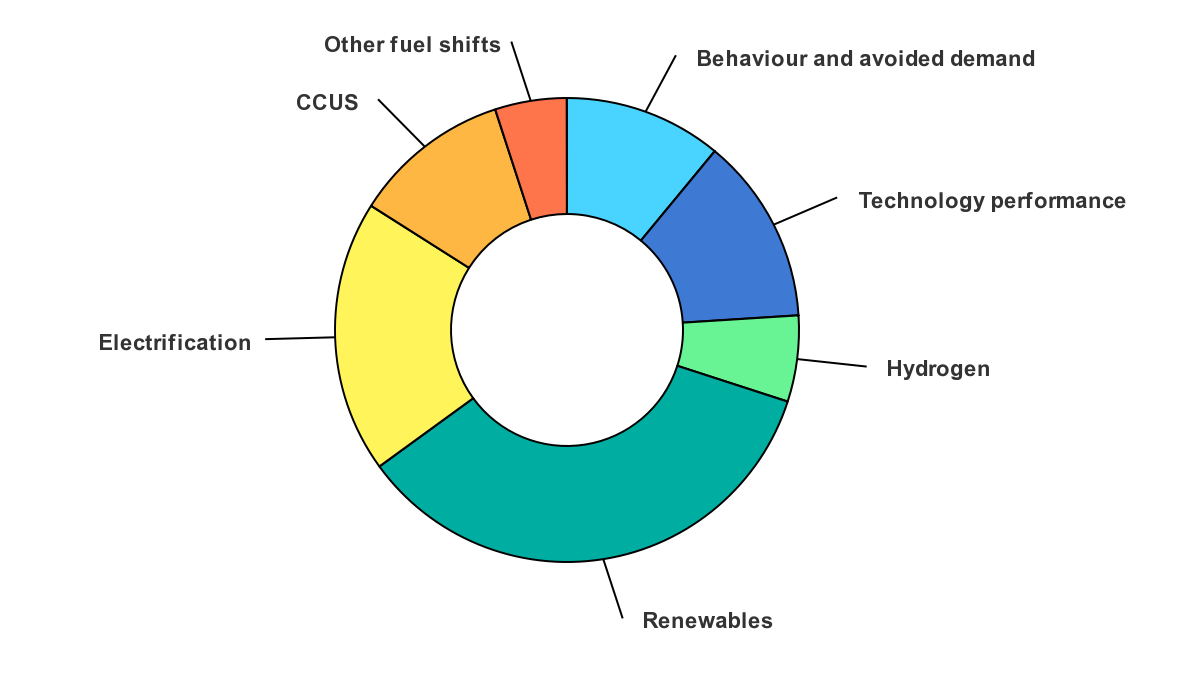

Decarbonisation, also known as decarbonization, refers to the process of reducing carbon dioxide and other greenhouse gas emissions produced by human activities. This is achieved through the transition from fossil fuels to renewable energy sources and implementing strategies to lessen the impact of climate change.
Decarbonisation is crucial in the fight against climate change as it involves reducing the carbon emissions that contribute to the greenhouse effect and global warming. This process aims to lower the amount of carbon dioxide and other greenhouse gases released into the atmosphere (Rizzoli et al., 2021).
Decarbonisation is essential for mitigating the effects of climate change by reducing greenhouse gas emissions and transitioning to cleaner energy sources. It plays a significant role in achieving global targets for carbon neutrality and combating the escalating threat of global warming (Miralles-Quirós & Miralles-Quirós 2022).
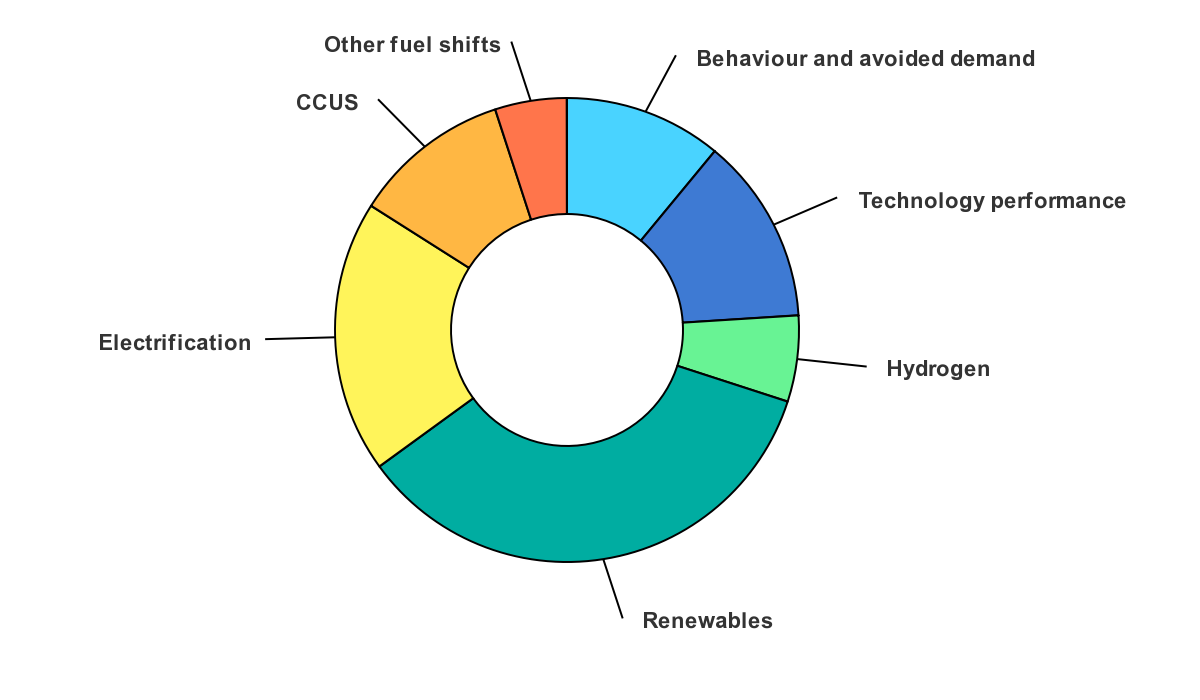
Decarbonisation strategies include shifting towards renewable energy sources like wind, solar, and biomass, as well as implementing technologies such as carbon capture and storage to reduce emissions from sectors like power generation (Cho, 2022). Electrification is also key in decarbonising various industries and transportation sectors.
By reducing greenhouse gas emissions, decarbonisation helps in mitigating climate change and limiting the rise in global temperatures. This is crucial for preserving ecosystems and preventing catastrophic outcomes of climate-related phenomena.
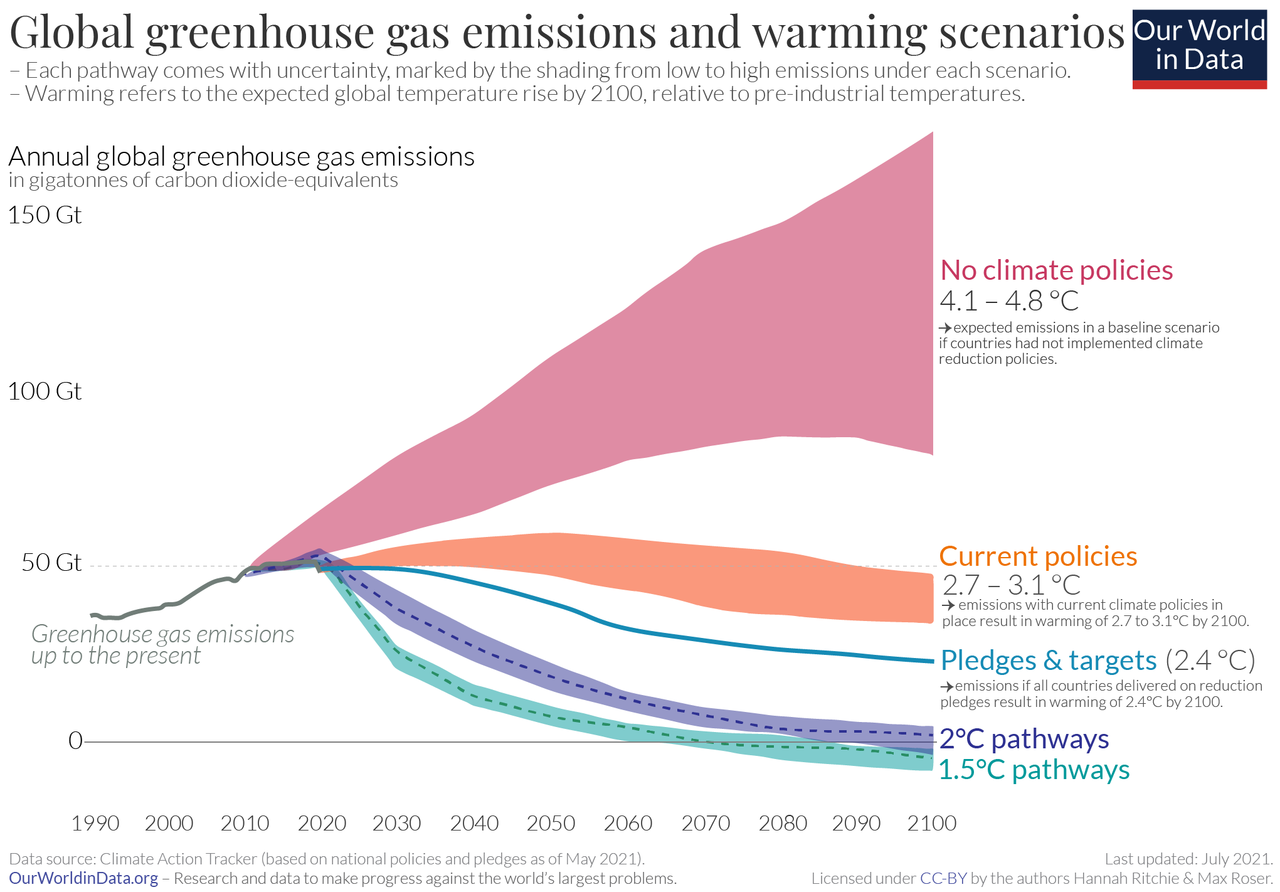
Decarbonisation plays a critical role in reducing the amount of greenhouse gases, such as carbon dioxide, methane, and nitrous oxide, released into the atmosphere. This contributes to lowering the overall carbon footprint and lessening the impact of global warming (US EPA, 2023). Aside from removing fossil fuels, we can remove mass amounts of carbon from our atmosphere if we switch to regenerative farming practices that convert our soils back into a carbon sink rather than conventional farming, which turned them into a major carbon source (Rodale Institute, n.d.).
Transitioning from fossil fuels to renewable energy sources is essential for decarbonisation as it reduces dependency on carbon-intensive fuels and promotes sustainable energy practices. This shift is crucial for achieving long-term environmental sustainability.
The power generation sector is increasingly embracing renewable energy sources like solar and wind power to reduce greenhouse gas emissions and promote cleaner energy production (IEA, 2024). This transition is key to achieving decarbonisation goals.
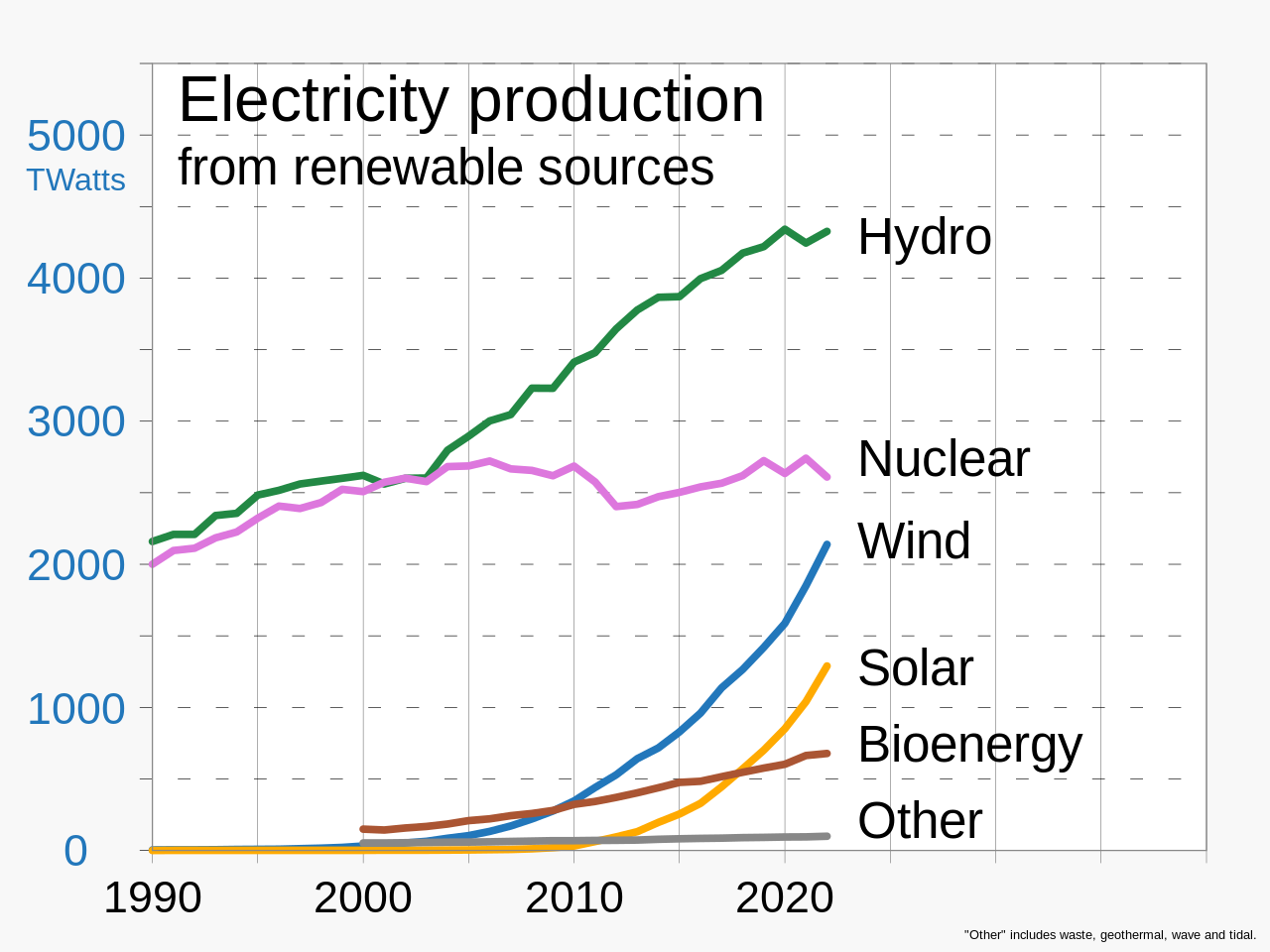
Technologies for carbon capture and storage (CCS) are employed to capture carbon dioxide emissions from power plants and industrial facilities before they are released into the atmosphere (Herzog, 2020). CCS plays a vital role in decarbonising industries with high emissions.
Electrification is crucial in decarbonising various sectors by replacing fossil fuel-powered technologies with electric alternatives (Huismans, 2023). This shift reduces greenhouse gas emissions and contributes to a more sustainable energy system.

The target of achieving net-zero carbon emissions by 2050 is a crucial milestone in the global decarbonisation effort (UN, 2022). This goal involves reducing emissions and offsetting any remaining emissions through carbon capture or removal techniques.
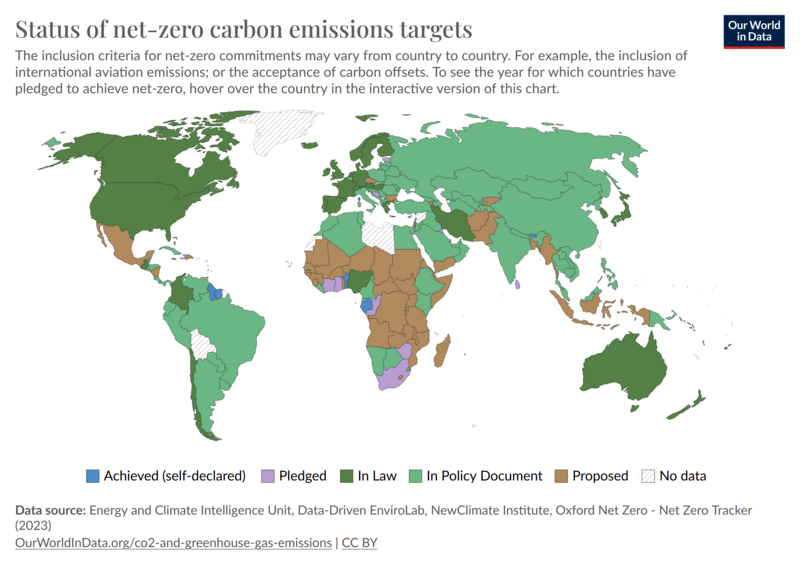
By transitioning to low-carbon energy sources by 2030, countries aim to significantly reduce their carbon footprint and move towards cleaner energy production practices. This timeline aligns with climate action goals set under international agreements like the Paris Agreement (UN, 2022).
Energy efficiency plays a vital role in decarbonisation efforts by reducing energy consumption and minimizing greenhouse gas emissions (IEG, 2023). Improving energy efficiency in buildings, transportation, and industries is essential for achieving decarbonisation goals.
Decarbonisation contributes to reducing the global temperature rise by limiting the amount of greenhouse gases released into the atmosphere (Miralles-Quirós & Miralles-Quirós 2022). This proactive approach is crucial for keeping the global temperature increase well below 2 degrees Celsius above pre-industrial levels.
Decarbonisation plays a pivotal role in mitigating the adverse effects of climate change by reducing greenhouse gas emissions and promoting sustainable practices (Miralles-Quirós & Miralles-Quirós 2022). This contributes to safeguarding ecosystems, biodiversity, and the overall well-being of the planet.
By promoting carbon-neutral practices on a global scale, decarbonisation aims to create a sustainable future where emissions are offset or reduced to achieve carbon neutrality (Chen, 2021). This collective effort is essential for combating global warming and securing a healthy environment for future generations.